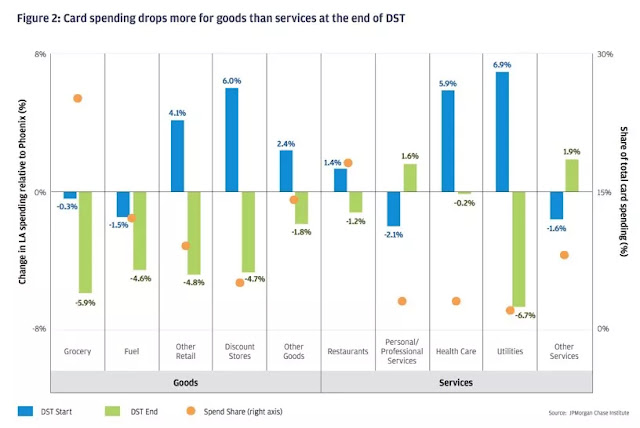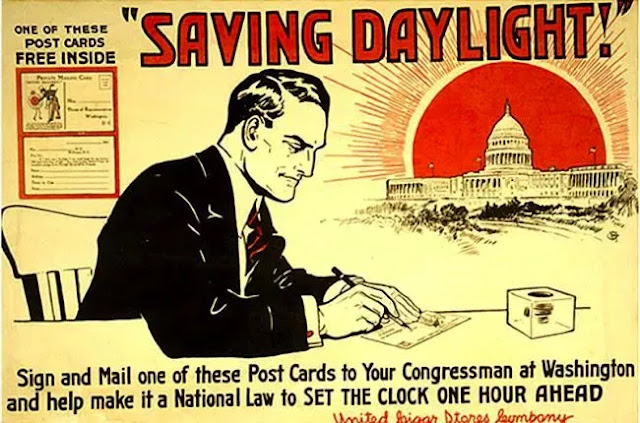The New York Times is reporting that the White House is blowing off criticisms that the president's blatant use of government resources for his personal political gain is illegal under the Hatch Act. The Hatch Act prohibits federal employees from engaging in political activities while they are working in an official capacity. It also prohibits civil servants from running for political office or using their titles in political activities. The White House just does not care. The NYT writes:
“Nobody outside of the Beltway really cares,” Mark Meadows, President Trump’s chief of staff, said in an interview with Politico. “This is a lot of hoopla that is being made about things mainly because the convention has been so unbelievably successful.”
Mr. Meadows made his comments the morning after the Republican National Convention aired two official ceremonies staged earlier on Tuesday on the White House grounds — a pardon performed by Mr. Trump and the naturalization of new citizens performed by Chad F. Wolf, the acting secretary of homeland security, as Mr. Trump watched and chatted with them.
During the convention, Secretary of State Mike Pompeo gave a speech from Jerusalem, in an apparent violation of separate State Department rules, and the first lady, Melania Trump, delivered a speech from the Rose Garden.







